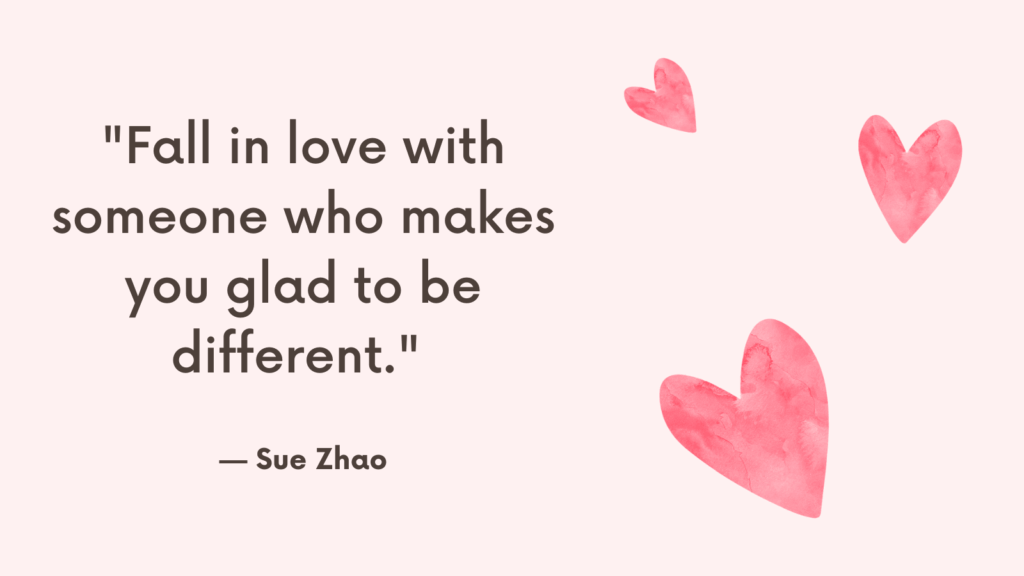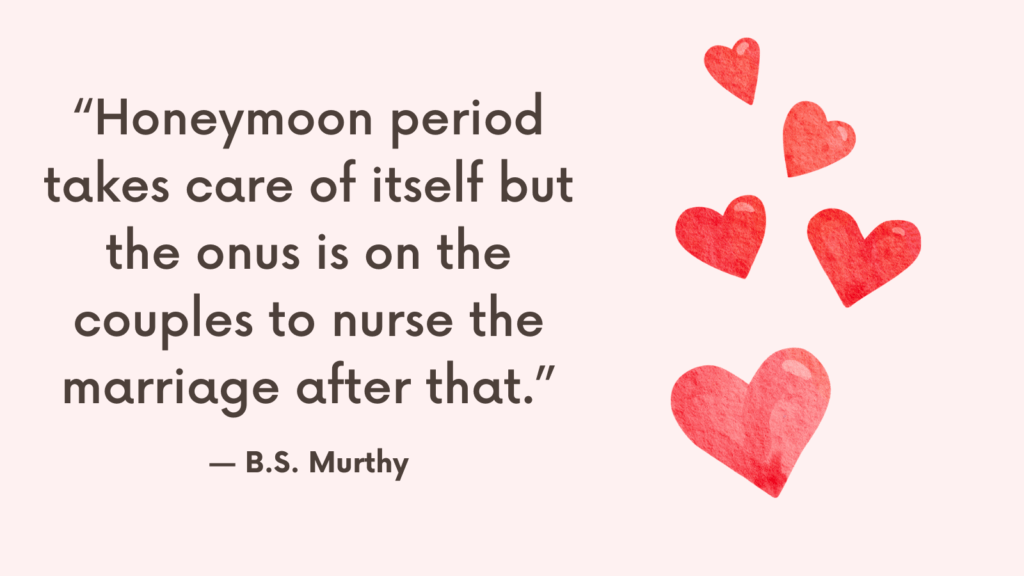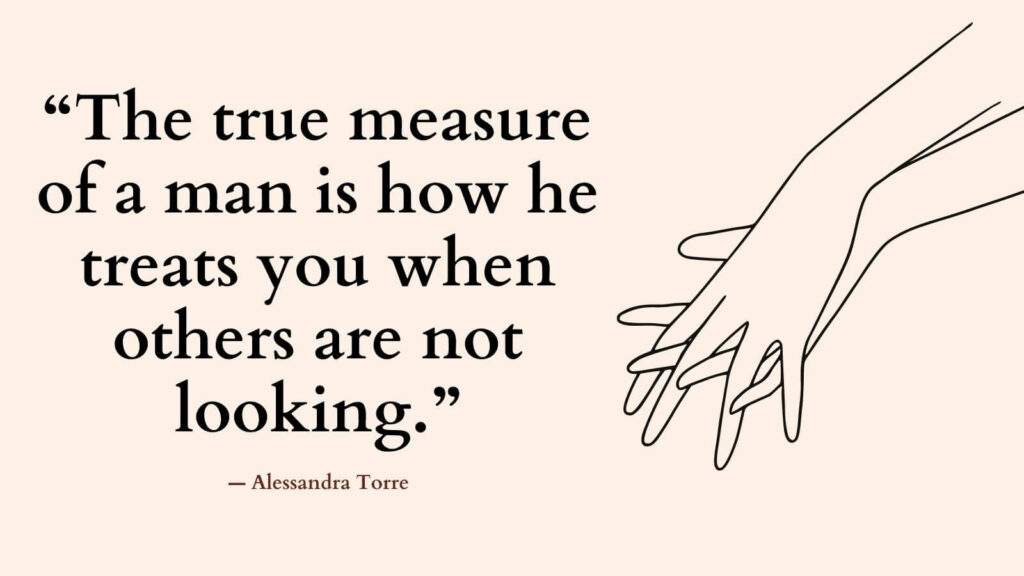Today, you’re going to learn all about dating with intention – What it means and how to date with intention.
What Is Dating With Intention?
Dating with intention means knowing what type of person you’re looking for and what you’re want out of dating them – a spouse, a companion for the next few months, a nightstand, etc.
Obviously, you may not have a clear idea about what you want, but as you date more people, you get to narrow down and define what you truly are looking for.
Related: Best 12 First Month Of Dating Tips – According To Science
How To Date With Intention?
#1. Get Clear About What You Want
Set some time to decide on what you want to attract and what your needs are in a relationship.
To help you focus on what really matters to you, you may make different lists: Needs; Cannot live without; Will not live with.
Also, be honest about why you’re dating. Are you looking for a long-term partnership? Are you simply looking for some fun?
As long as your standards are value-driven, don’t compromise on them.
You might be compromising when you make excuses for someone or for their behavior, or when you find yourself trying to fix or change someone.
Related: Top 10 Emotional Boundaries In Dating You Should Set From The First Date
#2. Be Authentic
It’s difficult for one to keep a vibe that’s not theirs.
Let the other person see you more and more as the relationship progresses.
You also don’t want to overshare too soon. The key here to make sure you’re not investing into the relationship more than the other person is investing.
#3. Educate Yourself On What Healthy Love Looks Like
If you grew up surrounded by toxic, or even abusive relationships, you might find it difficult to imagine or create something different.
While no relationship is perfect, there are certain warning signs you need to become aware of.
Related: Relationship Red Flags Quiz
#4. Be Willing to Have Difficult Conversations
Be honest should you decide that you don’t fit each other or that you’re not interested, instead of ghosting them.
Having such conversations takes a level of maturity.

25 Dating Questions: Deep Conversation Questions
- Are some lives more valuable than others?
- Can people with different cultural backgrounds live together peacefully? How?
- Do people have a right to be happy or do they have to earn it?
- Do you think people have an obligation to help others or should people be responsible for helping themselves?
- Does a person’s name influence the person they become?
- Does fate exist? If so, do we have free will?
- Does hardship make a person stronger? If not, what makes a person stronger?
- How are emotions useful? Are emotions necessary for human survival? Why or why not?
- What is the most beneficial emotion? How about the most destructive?
- How have your strengths help you to succeed? How have your faults hindered you?
- If you died today, what regrets would you have about your life?
- Is happiness just chemicals flowing through your brain or something more?
- Is suffering a necessary part of the human condition? What would people who never suffered be like?
- Is taking a life ever justified? If so, where is the line?
- What are the highest and lowest points of your life?
- What are your biggest goals for your life? What progress have you made in achieving them?
- What does it mean to die well?
- What does the ideal life look like?
- What is holding you back from being the person you want to be?
- What is the most uplifting thing happening in the world right now? What is the most tragic thing?
- What is the purpose of a human life?
- What should be the goal of humanity?
- What two questions would you ask to get the most information about who a person truly is?
- Where does your self-worth come from?
- Would you want to know you are going to die before hand or die suddenly without warning?

How to Navigate Dating Setbacks and Rejections?
Navigating dating setbacks and rejections can be challenging, but with the right mindset and strategies, you can effectively overcome them. Here are some suggestions:
1. Allow yourself to feel
It is natural to experience a range of emotions such as disappointment, sadness, or frustration after a setback or rejection.
Give yourself permission to acknowledge and process these emotions.
It’s healthy to express them and allow yourself time to heal.
2. Practice self-compassion
Be kind to yourself and avoid blaming yourself for the setback or rejection.
Remind yourself that dating is a complex process, and it’s normal to encounter bumps along the way.
Treat yourself with the same understanding and compassion you would offer a close friend in a similar situation.
3. Gain perspective
Remember that setbacks and rejections are not a reflection of your worth as a person.
Recognize that compatibility and timing play significant roles in successful dating.
Understand that what didn’t work out might not have been the right fit for you, and it doesn’t mean there’s something inherently wrong with you.
Related: Rejection Sensitive Dysphoria Test (+FREE Worksheets)
4. Learn from the experience
Every setback or rejection can be an opportunity for growth and self-reflection.
Take some time to reflect on the situation and consider if there are any valuable lessons to be learned.
Ask yourself what you can take away from this experience to improve future dating interactions or to better understand your own desires and needs.
5. Seek support
Reach out to friends, family, or a support network to share your feelings and gain perspective.
Talking about your experiences with trusted individuals can provide emotional support and help you process your thoughts and emotions.
6. Maintain self-care
Engage in activities that bring you joy and nurture your well-being.
Focus on self-care practices such as exercise, meditation, hobbies, or spending time with loved ones.
Taking care of yourself will enhance your resilience and overall emotional well-being during this process.



